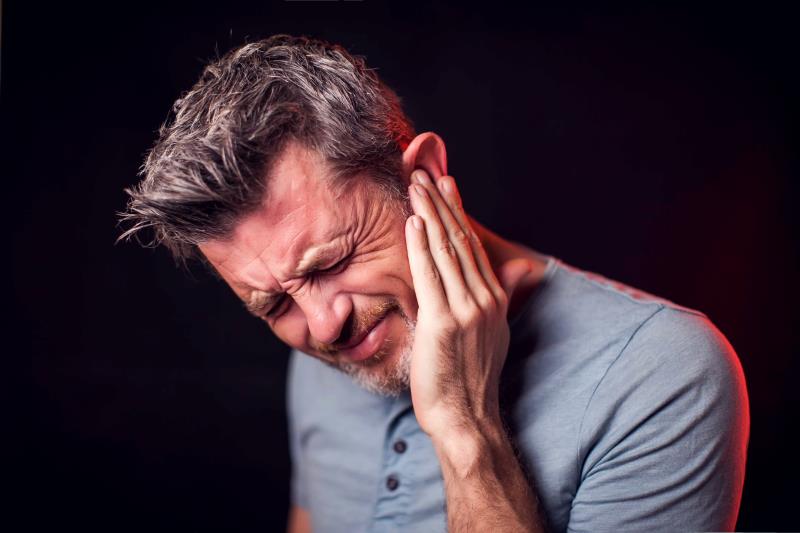 GERD TMD
GERD TMDSymptomatic gastroesophageal reflux disease (GERD) is associated with chronic, painful temporomandibular disorder (TMD), with somatization, anxiety, and poor sleep influencing this association to a certain extent, a case-control study has shown.
A total of 1,522 chronic TMD patients (69 percent female) were matched against 1,522 controls without TMD. Of these, 132 patients and 61 controls had GERD. More than half of TMD patients reported having both myalgia and arthralgia (56 percent), while the rest either had myalgia or arthralgia only (32 percent and 12 percent, respectively). [CMAJ 2019;191:E909-915]
After adjusting for potential confounders*, conditional logistic regression analysis showed GERD to be a risk factor for TMD (odds ratio [OR], 2.74, 95 percent confidence interval [CI], 1.88–3.98). A longer history of GERD equated to a slightly higher risk for TMD compared with a shorter GERD duration (OR, 2.90, 95 percent CI, 1.80–4.69 and OR, 2.53, 95 percent CI, 1.47–4.35 for >5 and ≤5 years, respectively).
This association could be attributed to the oesophageal acidification in GERD, as this may increase masticatory muscle activity, noted the researchers. Unconscious movements such as sleep bruxism may ensue, consequently generating stress on the TM joint. [J Dent Res 2011;90:665-671; J Oral Rehabil 2014;41:423-431] “Oesophageal acidification may also sensitize the central nervous system to sensory and pain pathways, resulting in declined pain thresholds in other organs,” they added.
Mediation analyses identified somatization, anxiety, and undermined sleep as factors that moderately mediated the association between TMD and GERD (by 14, 11, and 10 percent, respectively). These results coincide with previous findings reflecting the impact of psychological factors and somatic symptoms on GERD and TMD. [J Oral Maxillofac Surg 2010;68:1560-1564; J Pain 2013;14:T75-90]
Despite evidence showing the association between TMD and gastrointestinal (GI) disorders, [BMJ 2015;350:h1154; Gastroenterology 2002;122:1140-1156] clinicians and patients at times overlook the symptoms, explained the researchers. “[This leads to] underdiagnosis, resulting in deferred effective treatment and a prolonged disease course,” they said.
Evaluating the strength of the association and showing potential mediators in the pathway add key information to existing literature and should prompt further research to elucidate potential underlying mechanisms that could better characterize the link between GERD and TMD, said the researchers.
The chicken or the egg?
“[While] there is evidence to support the bidirectional nature of the associations between chronic musculoskeletal, gastrointestinal, mental, and sleep disorders … the interactions among these comorbidities are complicated,” said the researchers. [BMJ 2013;346:f3146] On one hand, the mediators identified could be the factors causing or exacerbating pain; on the other, it could be reverse, they pointed out, highlighting the importance of establishing causation in future trials.
Depression has been linked to TMD in Western populations but not among Asians. [Neurogastroenterol Motil 2012;24:895-913; J Orofac Pain 2003;17:21-28] “This may be partially explained by the more reserved nature of Asians when [discussing] depression compared with Westerners,” they said. Therefore, the lack of association between depression and TMD in the study could have undermined the effect of psychological mediators hence the need for further exploration, they added.
Taken together, it is imperative to incorporate evaluation and management of GI symptoms and mental disorders in symptomatic TMD therapy, the researchers suggested. A multidisciplinary approach (eg, psychotherapy targeting the brain-gut axis) may be beneficial in addressing the symptoms of GERD and TMD, as well as the influence of the identified mediators. [Am Psychol 2014;69:119-130; J Pain 2018;19:837-851; Gastroenterology 2018;154:1249-1257]